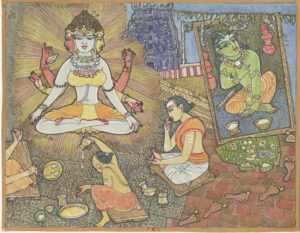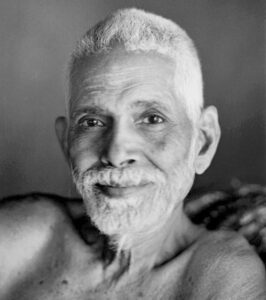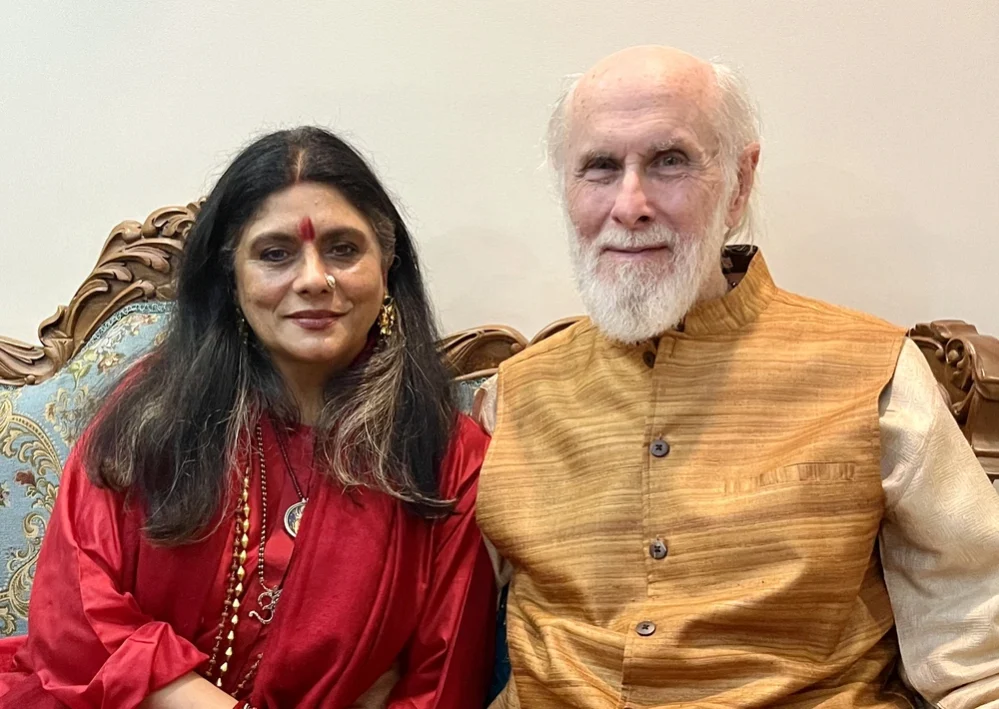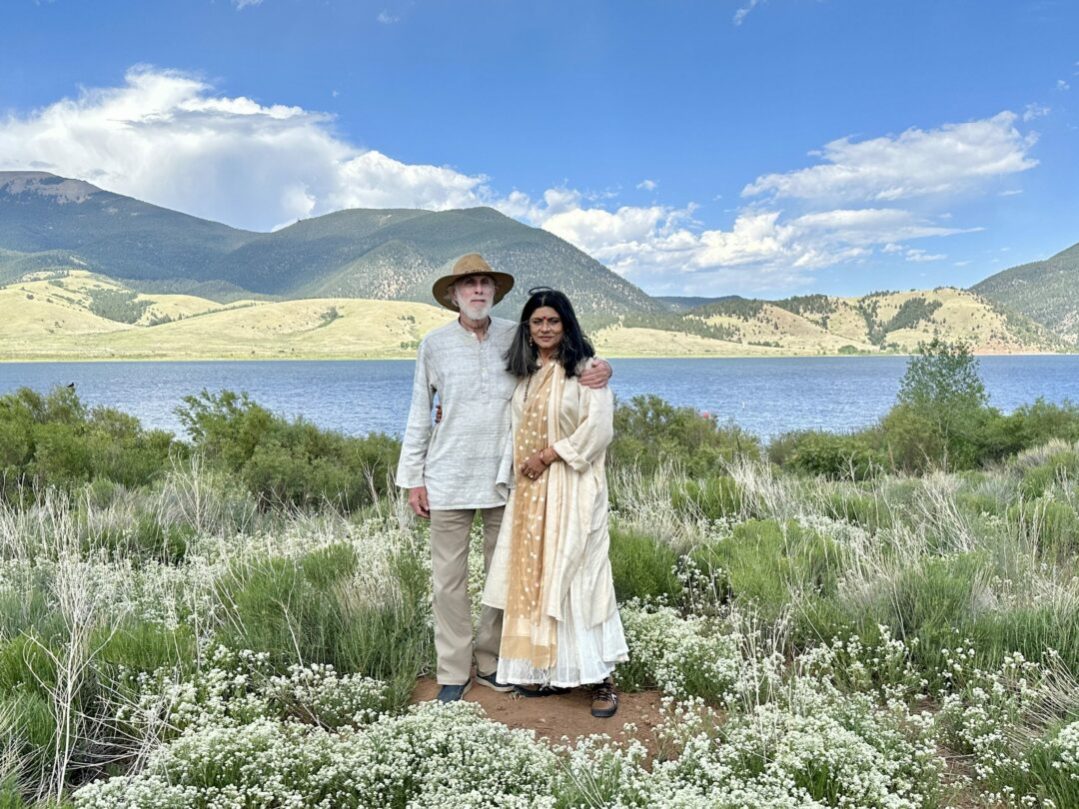By Vamadeva Shastri (David Frawley)
For the closing plenary session of the World Hindu Congress Nov. 23, 2014.
The congress included seven conferences covering media, educational, women, youth, economic, political and organizational events. Nearly two thousand people from over fifty countries attended this historic event, including important religious, political and educational leaders. It was the largest conference of its type in recent decades.
Hindu Dharma has a vast intellectual tradition covering all aspects of life and culture. Hindu Dharma is not limited to a theology or dogma but embraces all levels of thought and has among the worlds most comprehensive and profound philosophical systems. Every aspect of art, literature, science and social thought has also come under its purview. Hindu Dharma’s vast intellectual traditions are worthy of study by every one.
Hindu Dharma contains the largest set of teachings of any spiritual, cultural or religious tradition in the world, going back to the earliest historical period. These are enshrined in the Vedas, Upanishads, Mahabharata, Puranas, Yoga Shastras, Dharma Shastras and many other texts and traditions extending to Ayurveda, Jyotisha and Vastu.
Hindus have had a profound intellectual response to all cultures they have contacted throughout history, both taking in what is positive from other cultures and rejecting what is negative.
There have been a number of intellectual challenges to Hindu Dharma from the West over the past few centuries. Many of these have been misinformed or intentionally aimed at cultural dominance or religious conversion, following largely colonial, missionary and Marxist biases. Others reflect the different worldviews and cultural values of Hindu Dharma and western civilization that can make dialogue difficult.
There has been a strong and comprehensive Hindu response to these western intellectual challenges that has been increasing in recent years. Hindus have created a large body of teachings countering these challenges that covers all aspects of spirituality, philosophy, science, religion and social issues. However, this Hindu intellectual response has not been properly studied or promoted even among Hindu groups and organizations.
Great Hindu Intellectuals
There are many great Hindu intellectuals throughout history, extending into modern times. Swami Vivekananda, Swami Rama Tirtha, Swami Dayananda of the Arya Samaj, Sri Aurobindo and many others prior to India’s independence presented extensive studies and critiques of western civilization, both relative to its positive benefits and its negative qualities. While they have generally affirmed the value of western science and humanism, they have rejected the materialism and religious exclusivism dominant in western culture, and the idea of its cultural superiority. When once asked about what he thought about western civilization, Gandhiji said, “It would be a good idea.”
This Hindu response has extended in recent decades to Deendayal Upadhyaya, Swami Chinmayananda, Swami Dayananda of Arsha Vidya, Ram Swarup and Sitaram Goel of Voice of India among many others. This includes several western Hindus like Hinduism Today and various new books and publications covering a variety of topics on Hindu Dharma.
Call for an Intellectual Kshatriya
In my book of several years ago Awaken Bharata, I raised the need for an intellectual Kshatriya to meet this intellectual challenge from the West. We see such a new intellectual Kshatriya arising in India today, particularly at this World Hindu Congress and its many conferences, and the great network of groups and individuals that it reflects.
There is a need for new Hindu thinkers who understand the intellectual challenges of the high tech age, trained in modern media and tools of the internet and social media. Hindus need to understand how information is presented in the internet and mass media and learn to use these tools to defend the higher dharma. Otherwise they may lack the right weapons to fight this new information war.
Hindu thinkers should be also trained in older traditions of Vedanta, Yoga and Dharmic thinking of ancient and modern times, and be able to present an authentic and positive image of Hindu Dharma at a national and global level.
They should be skillful in language, dialogue and debate, not apologetic or compromising; satyam eva jayate. They should emphasize the power of viveka or yogic discernment as their guiding force.
The goal of Hindus today should be excellence, to reach the highest truth in all fields of knowledge – not simply to accept existing dogmas as correct or to blindly equate all teachings as equally valid. Hindus should strive to excellence in all that they do, even if it requires challenging existing paradigms and institutions, or creating new ones. This endeavor to excel requires a combination of a strong intellectual discipline with a deep meditative practice.
Such was the path of the great Rishi of old. That Rishi vision should once more guide humanity today.
When people ask me what religion or spiritual path they should follow. I tell them to “follow the path that most directly leads you to the highest truth, wherever it comes from.” This is the way of liberation or Moksha and the essence of Hindu thought.
The World Hindu Congress has presented such a transformative vision of Hindu Dharma for the sake of all humanity. It is the most important gathering in recent centuries and shows the way forward to a new renaissance of Sanatana Dharma both in India and in the entire world.
Saffronization of Education
When Hindus seek to challenge the propaganda against them or gain a greater forum for their views, they are often accused of the “saffronization of education,” implying religious intolerance and backwardness.
There needs to be a more vigorous Hindu response and presence in Indian academia, which has long been dominated by Marxists influences that have kept Hindu thought out of India’s educational system. The shadow of colonial influences remains on Indian education. While the country gained its political freedom in 1947, it still has not fully proclaimed its intellectual freedom and honoring of its own native traditions of knowledge and expression.
The truth is not that there is a danger of Indian education being saffronized as some have charged, and as anti-Hindu forces maintain. So far there has been a control of Indian education by forces that are not only anti-Hindu but also often anti-national, not supporting the traditional spiritual values that made Indian civilization great and have brought India respect in the world. While Hindu traditions of Yoga, Vedanta, Ayurveda and the Vedic sciences are spreading throughout the world, India’s educational system and media has not given them proper attention.
There has been the idea that Hindus in India should hide their religion and spiritual practices for the sake of social harmony and not bring them into cultural or educational discourses. Like members of any religion, Hindus can be proud of their own tradition and also function effectively in society.
Changing this presentation of Hindu Dharma in India is not a matter of distorting but of correcting the educational system of the country. A more pro-India media is important and one that honors the older traditions of the country. Besides in the educational system this process of properly presenting Hindu Dharma needs to occur in Hindu families, temples and in Hindu publications.
Need for a New Indic or Dharmic School of Thought
There needs to be the restoration of an Indic or Dharmic school of thought, honoring the great spiritual traditions of the region, in order to balance the distortions arising from western thought.
It should have its own institutions and publications, degrees and awards. This requires new Dharmic publications and media presentations, and new Dharmic schools, centers and institutions along the lines of Takshashila and Nalanda. Educational institutions in India should remember such Indian traditions, as well as a gurukulam or mentor based approach to higher education.
There should be a revival of Sanskrit learning, including on social and cultural issues along with honoring Dharmic thinkers and traditions. We need to bring back Dharmic culture and values into the educational system, along with Yoga, meditation and Vedanta.
This includes organizing dialogues and debates between Dharmic schools and western schools of thought. Such new Hindu and Dharmic educational programs can be an important part of the future of India and spread worldwide.
We see a new dharmic awakening in India today that will likely grow extensively in years to come. A new dharmic era is dawning. Let us all work together for its full flowering in whatever way that we can!






